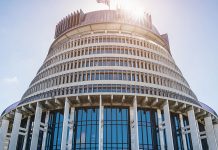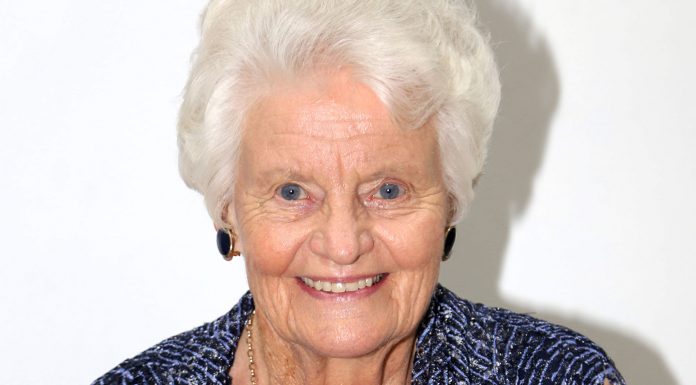Plunket and NZNO have generally welcomed the Government’s Families Package as taking first steps to reducing preventable health problems linked to poverty.
Parliament is today to sit under urgency to debate the Families Package (Income Tax and Benefits) Bill. The bill would bring into effect the package announced yesterday that aims to bring 88,000 children out of poverty through a combination of higher Accommodation Supplement changes, more generous Working for Families scheme, a “Best Start” payment for parents of young babies, and a “Winter Warmer” grant for beneficiaries and superannuitants.
Memo Musa, chief executive of the New Zealand Nurses Organisation said nurses had seen an increase of child illness due to poverty and damp, poor living conditions so welcomed the package’s increases – particularly the Winter Energy Payment.
“Increasing money directly to families may well be the difference to having to access a health professional for some illnesses because affording healthier food or extra medicines and adequate, quality clothing can help to prevent illness.”
“Kiwi kids suffering from preventable illnesses are often linked directly to living in poverty. Increasing minimum wage, reduced health check fees, increase in parental leave and the Family Package are all key steps to reducing illness that nurses are saddened to see on a daily basis,” Memo Musa said.
Radha Balakrishnan, Plunket’s chief strategy and performance officer, said with Plunket nurses seeing 9 out of 10 babies born in New Zealand they see first-hand the impact of poverty and poor housing on child health – “particularly on Māori and Pacific communities who bear the brunt of this burden on our children”.
“We welcome Government action to level the playing field, and address the inequity of health and wellbeing outcomes among New Zealand’s tamariki and whanau,” she said. “We will be looking for further action to tackle systemic issues that are having an unacceptable impact on children’s health.”
Paula Bennet, National’s spokesperson for children, described the Government’s package as bluster and said National’s Families Income package was projected to lift 50,000 children out of poverty on April 1 2018 and it had committed to a further package in 2020 that would have had a similar effect.
“Labour has reverted to type by throwing billions of dollars at poorly targeted hand-outs, including over $3000 baby bonuses that go to everyone, irrespective of whether they need it or not, said Bennett. “During our term in Government, the number of kids in material hardship fell by nearly 40 per cent to 135,000 in 2016.
Andrew Becroft, the Children’s Commissioner, described the package as “really positive steps” as raising family incomes, enabling warmer and more support for the first year of a child’s life would contribute to improving outcomes for children.
He said the office would be monitoring whether the projected aim of raising 88,000 children out of poverty by 2021 was successful through its ongoing Child Poverty Monitor (which has just received continued funding from the JR McKenzie Trust for a further three years). “We look forward to seeing the significant improvements in the wellbeing of children that this package promises.”
Associate Professor Susan St John, the economics’ spokesperson for the Child Poverty Action Group, welcomed the package as a “long overdue response to the disastrous child poverty experienced since the 1990s”.
“But there are still some complex issues and CPAG would welcome working with Government on ways to simplify and extend the package,” said St John. “We would especially urge the Government to help the very worst-off children who are still excluded from the full package.”





















